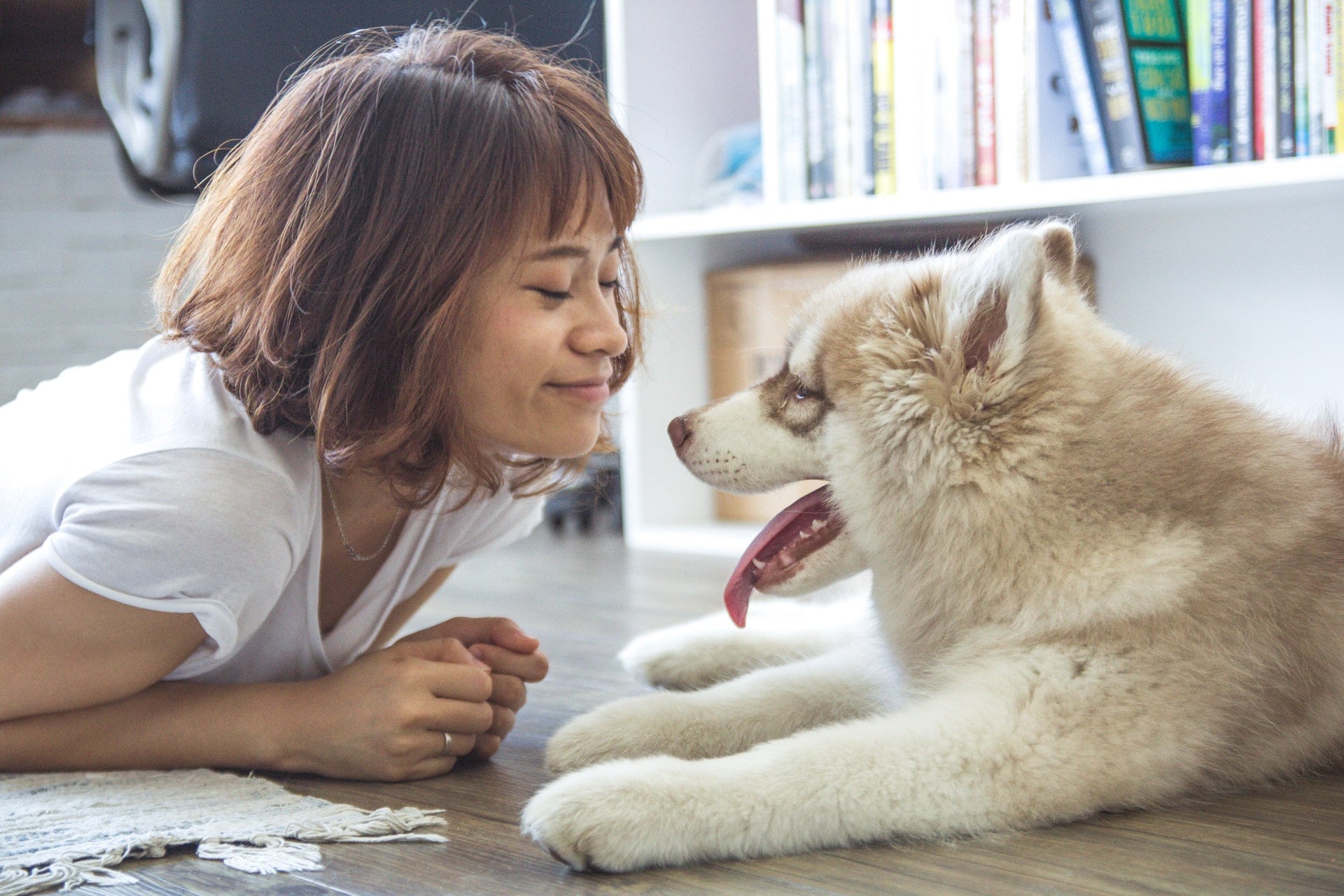We’ve all seen it, you’re scrolling through a list of rental ads’ online and you see the words “Pets Negotiable” or “Pets Neg” written on the ad, but what does ‘Pets Negotiable’ actually mean? And what responsibilities come with it?
“Pets Negotiable” literally means exactly as it sounds – you get to negotiate what type of pets you can have in a rental property. There can be a number of reasons why landlords don’t want certain types of pets in their rental property. It can be as simple as the property is too small or doesn’t have any yard for a pet and therefore wouldn’t be a suitable property for a pet, it can also be because taking on a pet can also mean taking on a risk. Some pets can cause tremendous wear-and-tear to a property, they can wear down the carpet, scratch at doors and curtains, dig holes in the yard and have little “accidents” in the house. Even if you’re a spotless cleaner it’s not uncommon to have a lingering pet odour in a house which can sometimes go unnoticed by the residents of the house. So even the biggest animal loving landlords may still be a bit weary of introducing an unknown pet into their investment property.
The best time to negotiate having a pet is at the time you apply for the property, as it gives the property manager a chance to ring referees and ask some questions to understand what the pet is like. (E.G. is it a well-trained dog or cat? Does it dig holes in the backyard? Does the pet owners’ house have an obvious pet odour? Etc.)
Although, in some cases people don’t always have a pet at the time they submit their rental application, so if a tenant decides later on during the tenancy that they would like to get a pet, they would need to ask their property manager and get approval from the owner. The property manager would ask the tenant some questions about the pet, (E.G. what sort of pet is it? How old is it? Is it a toilet trained pet? Etc.) and then the property manager would ask the owner of the property if they are okay with having that particular pet in their home.
If the owner accepts the request for that pet, then a “Pet Lease Agreement” would be put in place for that particular pet making the tenant responsible for any damages the pet causes (including, odours and fleas etc.) The property manager would then sign the agreement on the owners’ behalf and all the tenants on the lease would sign the agreement too. The ‘Pet Lease Agreement’ is only valid and in place for that particular pet so if the tenant was to get another pet or replace the current pet (even of the same species) they would then need to go through the same process again just as they did for the previous pet.
Renting with pets can be difficult and it can make it harder for tenants to find a suitable property that will allow their particular pet, which is why some tenants are tempted to hide their pet from the property manager and landlord, whether they get a pet secretly without notifying the property manager or they purposely fill out their rental application falsely. Even though this may seem like an easy way to secure a house with your pet, in most cases it actually ends up worse for you and your pet in the long run.
You may be fantastic at keeping secrets but your furry friend may give you away, even if your pet is fairly well trained and doesn’t go around destroying couch cushions or peeing on the rug, many well trained animals can be quite vocal when a new visitor comes into the house, so when your property manager comes around for a routine inspection they may not see a pet but it’s very likely they will hear one. Some tenants think if they take their pet out of the house during their routine inspections that the property manager will be none the wiser but the reality is, a lot of pets shed their fur a lot more than you may realise, fur can be spotted on ceiling fans, inside cupboards and even on window sills so it can be a bigger task come routine time than it needs to be if you were to do the right thing from the beginning. As mentioned earlier, pet odours can linger in houses and their smell can become attached to carpets, curtains and rugs, so you can see how it becomes increasingly difficult to cover up having a pet in the house.
With all the cleaning side of things aside, being dishonest about having a pet in a rental property can also have some more serious repercussions that you may not have thought about such as, tarnishing your rental reputation which can affect your rental references from the property manager, it can make you come across untrustworthy and it may even mean you have to either get rid of your pet or move house. So, in the long run, tenants are much better off just being honest from the start and having a clear conscience!

Follow the Professionals Christies Beach real estate blog for more interesting articles.
What does it mean when a Rental Ad says “Pets Negotiable”?
04/07/2018
Article posted by Lauren Barry








